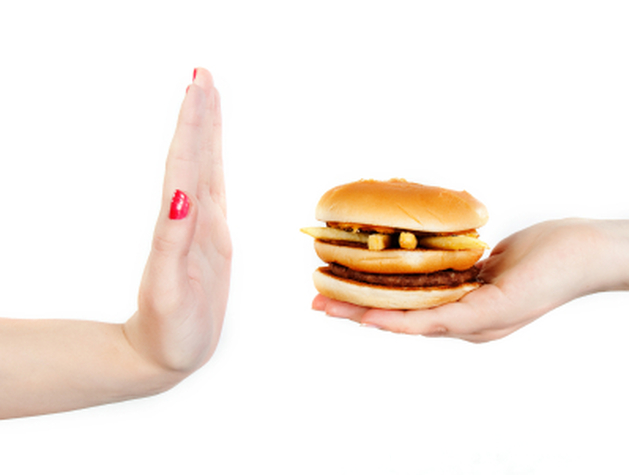
Even if you don't want to do a fully plant-based diet as I do, try cutting out meat products one day a week, then two, three. If you want to cut it out more then do so. If not, see if you can keep with eating that way 3 days a week. You may just see a big change in your cholesterol readings for the better as well as your weight and blood pressure. Go on...YOU CAN DO IT!
According to the American Journal of Clinical Nutrition, "a nationwide poll conducted in April 2006 by Harris Interactive reported that 1.4% of the American population is vegan, in that they eat no meat, fish, dairy, or eggs. Vegan diets are growing in popularity today among teenagers and youth, especially females. For many vegans, nutritional choices center around taking better care of the earth’s resources and the environment, ethical issues about animal care, the use of antibiotics and growth stimulants for the production of animals, the threat of animal-borne diseases, and the health advantages of a plant-based diet. In addition, the potential of allergies from dairy products and lactose intolerance have fueled the popularity of soy-based dairy substitutes......
Vegans are thinner, have lower serum cholesterol and blood pressure, and enjoy a lower risk of CVD (CardioVascular Disease). BMD (Bone Marrow Density) and the risk of bone fracture may be a concern when there is an inadequate intake of calcium and vitamin D. Where available, calcium- and vitamin D–fortified foods should be regularly consumed. There is a need for more studies on the relation between vegan diets and risk of cancer, diabetes, and osteoporosis. Vitamin B-12 deficiency is a potential problem for vegans, so that the use of vitamin B-12–fortified foods or supplements are essential. To optimize the n–3 fatty acid status of vegans, foods rich in ALA, DHA-fortified foods, or DHA supplements should be regularly consumed. Vegans generally have an adequate iron intake and do not experience anemia more frequently than others. Typically, vegans can avoid nutritional problems if appropriate food choices are made. Their health status appears to be at least as good as other vegetarians, such as lacto-ovovegetarians (eat dairy and eggs as well as plant-based foods)."
A copy of the entire study is here - http://ajcn.nutrition.org/content/89/5/1627S.full.pdf.
 RSS Feed
RSS Feed